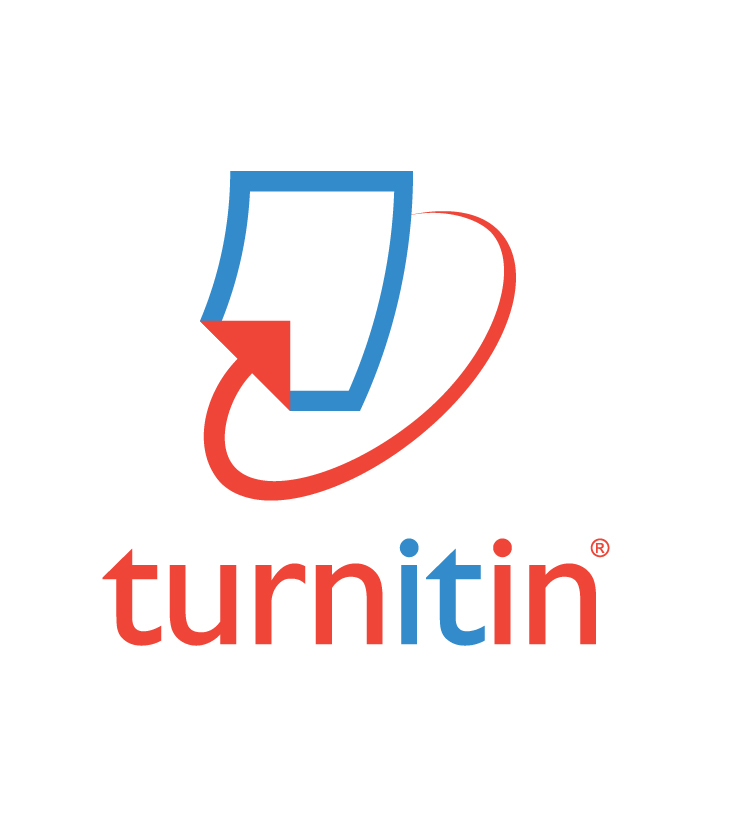AI Tools and Authorship Statement
IJVCDC recognizes that Artificial Intelligence (AI) tools, including generative AI (e.g., ChatGPT, Bard, Copilot), may be used in the research and writing process. However, the use of such tools must be transparent and responsible, in accordance with ethical publishing standards.
1. AI Tools Cannot Be Listed as Authors
AI tools cannot fulfill the responsibilities of authorship (such as being accountable for the work or approving the final version) and therefore cannot be listed as authors.
2. Declaration of AI Use
If AI tools were used in the preparation of a manuscript (e.g., for editing language, summarizing text, data analysis support, or generating figures), their use must be clearly declared in the Methods or Acknowledgements section. For example:
“Portions of this manuscript were generated with the assistance of ChatGPT, a large language model developed by OpenAI, used for improving grammar and clarity.”
Authors remain fully responsible for the accuracy, originality, and integrity of the content produced, including any content supported or generated by AI.
3. Prohibited Uses
-
AI tools must not be used to fabricate data, citations, or references.
-
AI tools must not be used to bypass peer review processes or generate fraudulent submissions.
-
The journal strictly prohibits the submission of manuscripts wholly or substantially generated by AI without meaningful human input.
4. Editorial and Reviewer Use of AI
Editors and reviewers are discouraged from using AI tools for evaluating manuscripts, especially in ways that may compromise confidentiality or data integrity. If AI is used for checking grammar or formatting, no manuscript content should be shared with external, unsecured AI platforms.
5. Accountability
Authors are solely responsible for ensuring that the use of AI tools complies with ethical and legal standards. Any misuse will be considered a violation of our publication ethics and may result in retraction, rejection, or other corrective actions.






